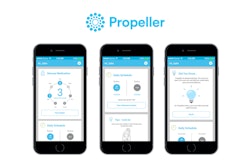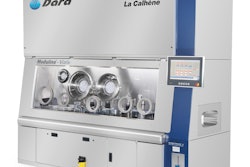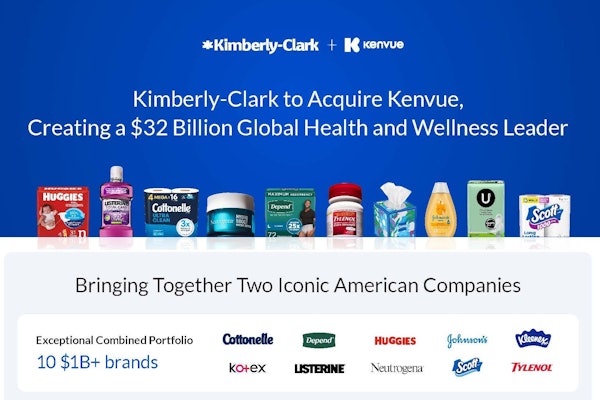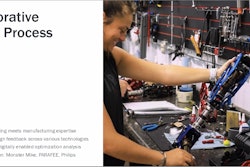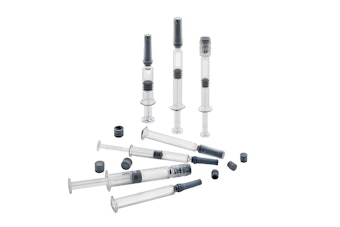A new analysis of compounding pharmacies prepared by the Pew Charitable Trusts, a public policy organization, is raising questions about regulations surrounding the industry.
According to StatNew.com's article about the analysis, state oversight of these facilities varies greatly.
For example, the article reported states that require the pharmacies that make sterile medicines to fully comply with industry quality standards is about half, and that 60 percent of the states do not require them to report serious adverse events and reactions related to that type of compounding.
"And 28 states allow traditional compounding pharmacies — as opposed to those that make large amounts of medicines for hospitals — to provide drugs without prescriptions for individual patients," according to the article. "This practice conflicts with federal law."
In addition, there is no tracking of compounding pharmacies by 16 states.
Requests for comments from the International Academy of Compounding Pharmacists by the news outlet were not responded to.



